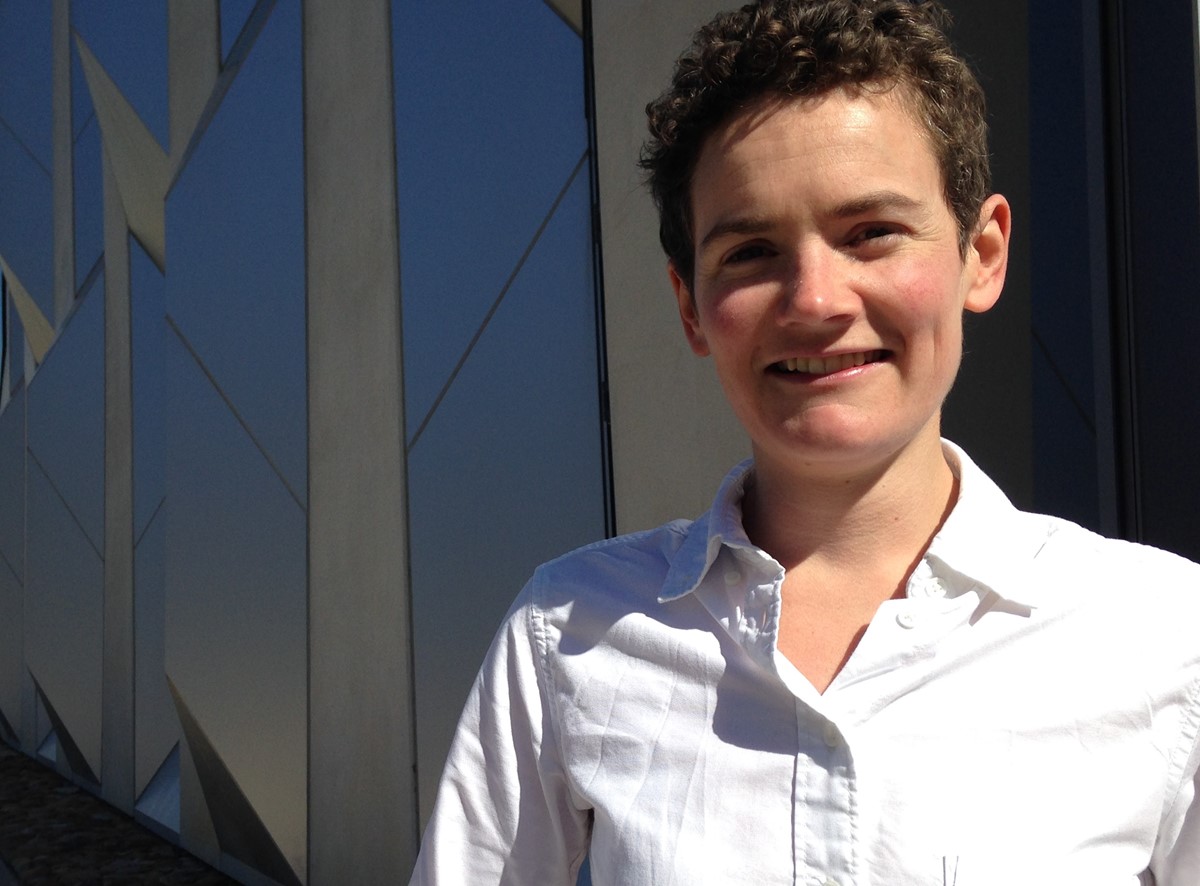Climate scientist recognised with early career award
Dr Sophie Lewis has been presented with the Australian Meteorological and Oceanographic Society (AMOS) Early Career Researcher Award for her work in climate science.
Dr Lewis is a leading early career researcher on the attribution of extreme weather and climate events.
“We’ve had a lot of extreme weather and climate events in the last few years in Australia and my work with the ARC Centre of Excellence for Climate System Science is trying to understand what that means, what’s causing them, and whether they’re likely to get more frequent or severe in the future,” says Dr Lewis from the ANU Research School of Earth Sciences.
“With some of the things we’ve looked at, like heatwaves and hot summers, we find there’s a strong human influence in those events, and it’s likely we should be prepared for those to get more severe in the future.
“We’ve also looked at things like heavy rainfall, where things are a bit more complicated. There are lots of natural processes that are going on as well as human influences.”
The award also recognises Dr Lewis’ reputation as a science communicator with great reach and impact, an important aspect of her work since talking about the weather is a national pastime.
“After an event like a heatwave, everyone has questions about it, so we’re trying to address those questions scientifically.
“We’re trying to communicate that if we misunderstand what is influencing the extremes we’re experiencing at the moment, we’re probably not going to be well prepared for the future.
“I’m quite an optimistic person so while these serious extremes are a challenge, they’re also an opportunity for us to adapt and think about what kind of world we want the future to be.”
Dr Lewis says she is “really pleased” to be honoured by AMOS as an early career researcher, a role that demands you “throw yourself into your science”.
“There are challenges to being an early career researcher, but it’s also really exciting and energising. If you’re getting paid to come in and do science – and that’s what I’ve wanted to do since I was four – that’s a pretty unique opportunity.”

